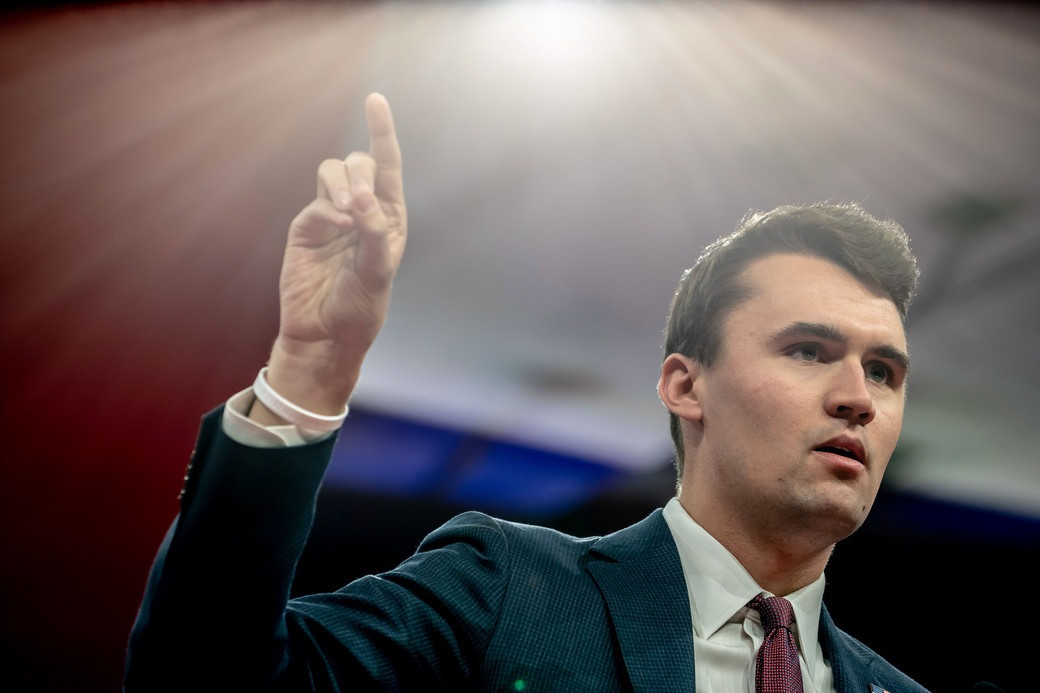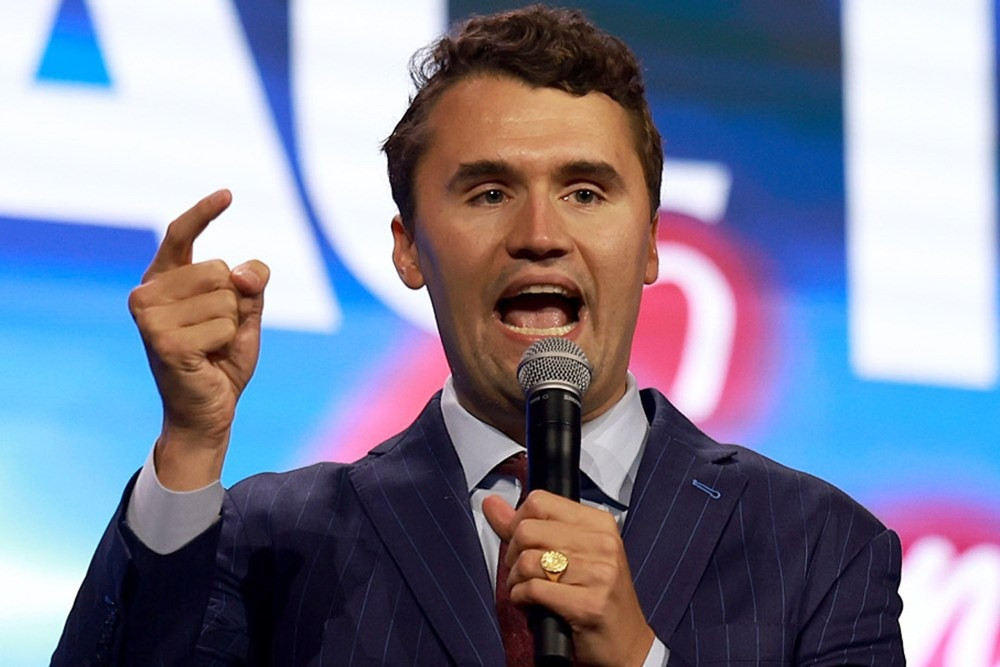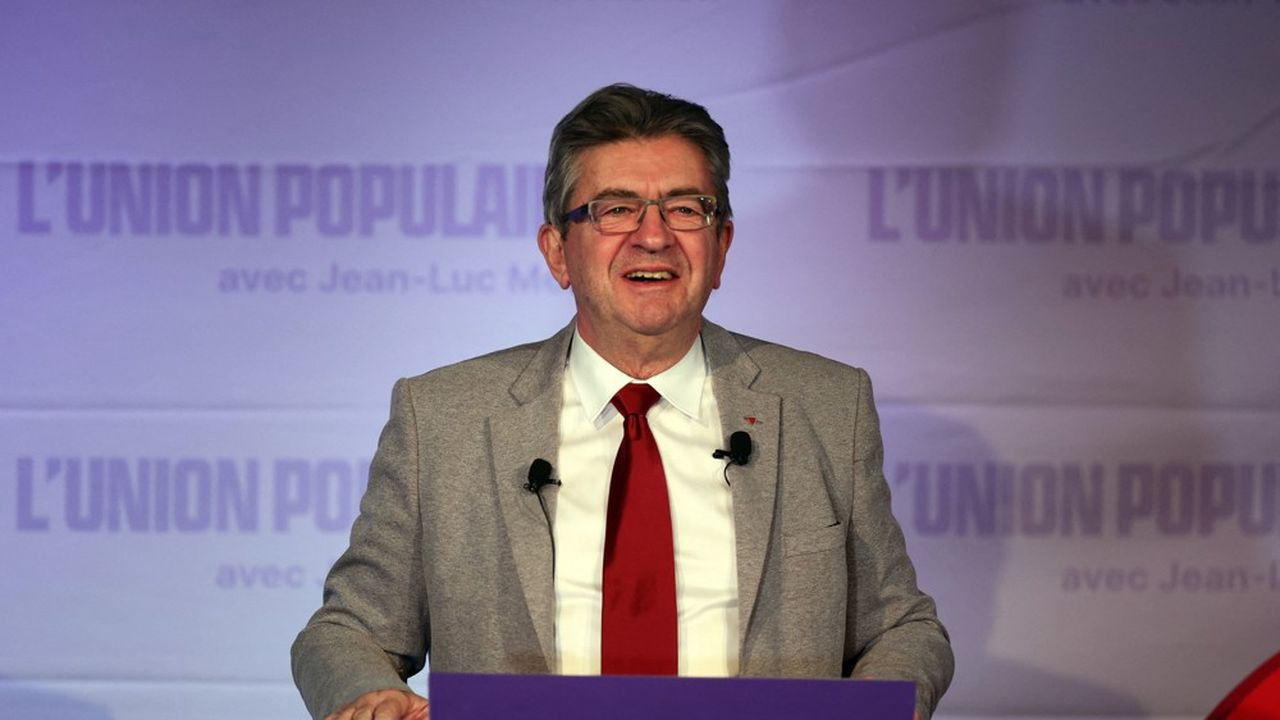Charlie Kirk’s incendiary speech at the University of Oxford has sent shockwaves through Britain, as he boldly claimed that the nation is on the brink of a catastrophic cultural shift. In a moment that silenced the crowd, Kirk warned that the decline of Christianity in the UK will soon lead to a demographic landscape where practicing Muslims outnumber Christians. His remarks, framed as a stark truth about the erosion of Britain’s historic values, have ignited fierce debate across the political spectrum.
 Kirk, a prominent conservative commentator and Turning Point USA founder, asserted that Britain’s ruling elites have betrayed the very principles that once made the nation great. He lamented that after 14 years of conservative governance, Britain has seen a decline in free speech, economic prosperity, and national identity. “What did they conserve exactly?” Kirk asked, pointing to rising energy costs and stagnant wages that have left many British workers worse off than they were over a decade ago.
Kirk, a prominent conservative commentator and Turning Point USA founder, asserted that Britain’s ruling elites have betrayed the very principles that once made the nation great. He lamented that after 14 years of conservative governance, Britain has seen a decline in free speech, economic prosperity, and national identity. “What did they conserve exactly?” Kirk asked, pointing to rising energy costs and stagnant wages that have left many British workers worse off than they were over a decade ago.
His comments come amid a broader discussion about immigration, integration, and national heritage, with Kirk suggesting that the current trajectory threatens the core of British society. He argued that the conservative government’s policies have allowed unchecked immigration from the third world, undermining the nation’s cultural fabric. “The dying out of the British nation means the dying out of Christianity,” he declared, provoking gasps and applause from the audience.
 The reaction to Kirk’s speech has been polarized. Supporters praise his willingness to confront uncomfortable truths about religion and identity, while critics accuse him of stoking division and importing American-style culture wars into British discourse. His intervention has thrust Britain’s religious future into the spotlight, raising urgent questions about the direction of the nation.
The reaction to Kirk’s speech has been polarized. Supporters praise his willingness to confront uncomfortable truths about religion and identity, while critics accuse him of stoking division and importing American-style culture wars into British discourse. His intervention has thrust Britain’s religious future into the spotlight, raising urgent questions about the direction of the nation.
As the UK grapples with shifting demographics and declining religious affiliation, Kirk’s stark warnings resonate with a segment of the public concerned about the preservation of national heritage. With census data revealing a steady rise in the Muslim population and a decline in self-identified Christians, the implications of Kirk’s claims are profound and far-reaching.
 In a country already divided over issues of faith and identity, Kirk’s speech serves as a rallying cry for those who fear the loss of traditional values. Whether his message will gain traction beyond the lecture hall remains to be seen, but one thing is clear: the debate over Britain’s cultural and religious future is far from over. As the nation stands at a crossroads, Kirk’s words have ensured that the conversation will continue to ignite passions and provoke reactions in the days to come.
In a country already divided over issues of faith and identity, Kirk’s speech serves as a rallying cry for those who fear the loss of traditional values. Whether his message will gain traction beyond the lecture hall remains to be seen, but one thing is clear: the debate over Britain’s cultural and religious future is far from over. As the nation stands at a crossroads, Kirk’s words have ensured that the conversation will continue to ignite passions and provoke reactions in the days to come.




